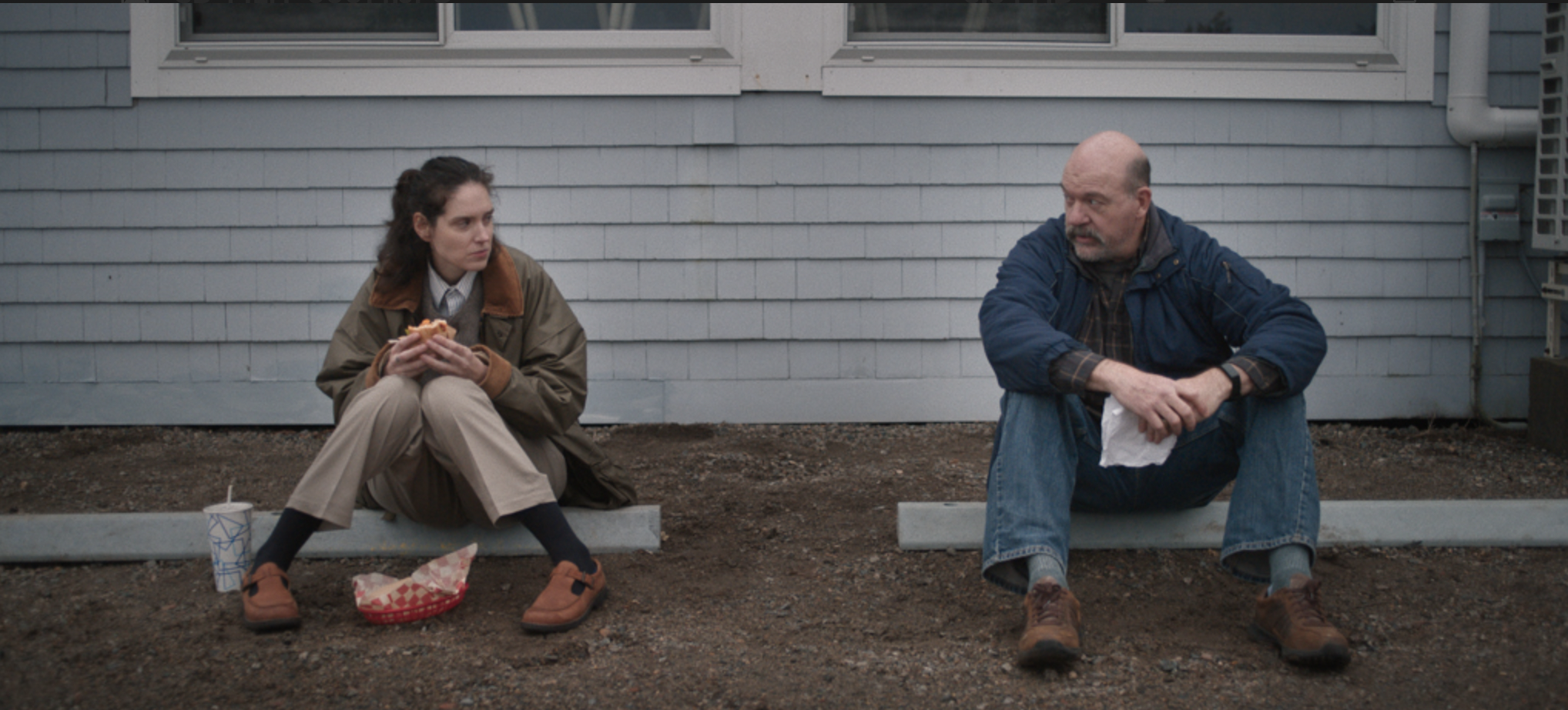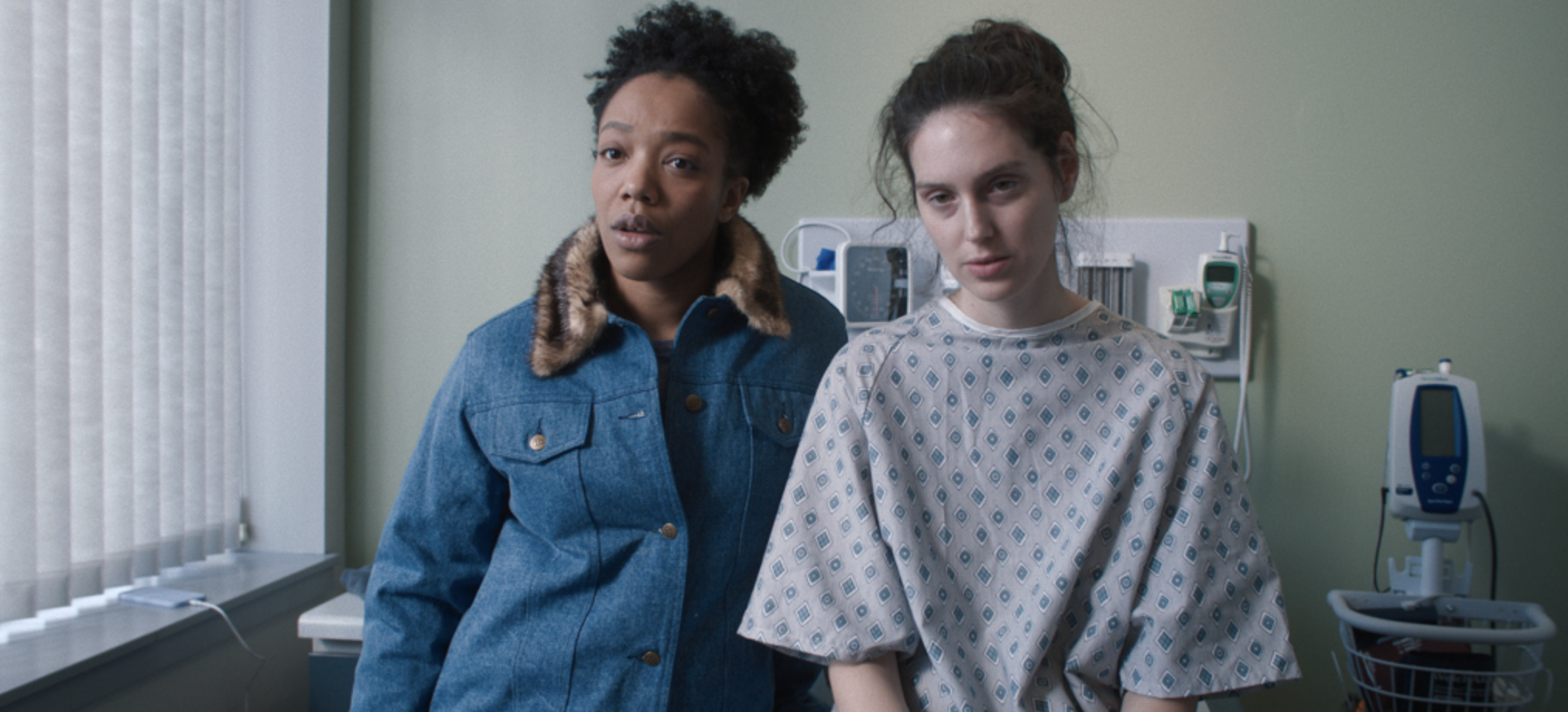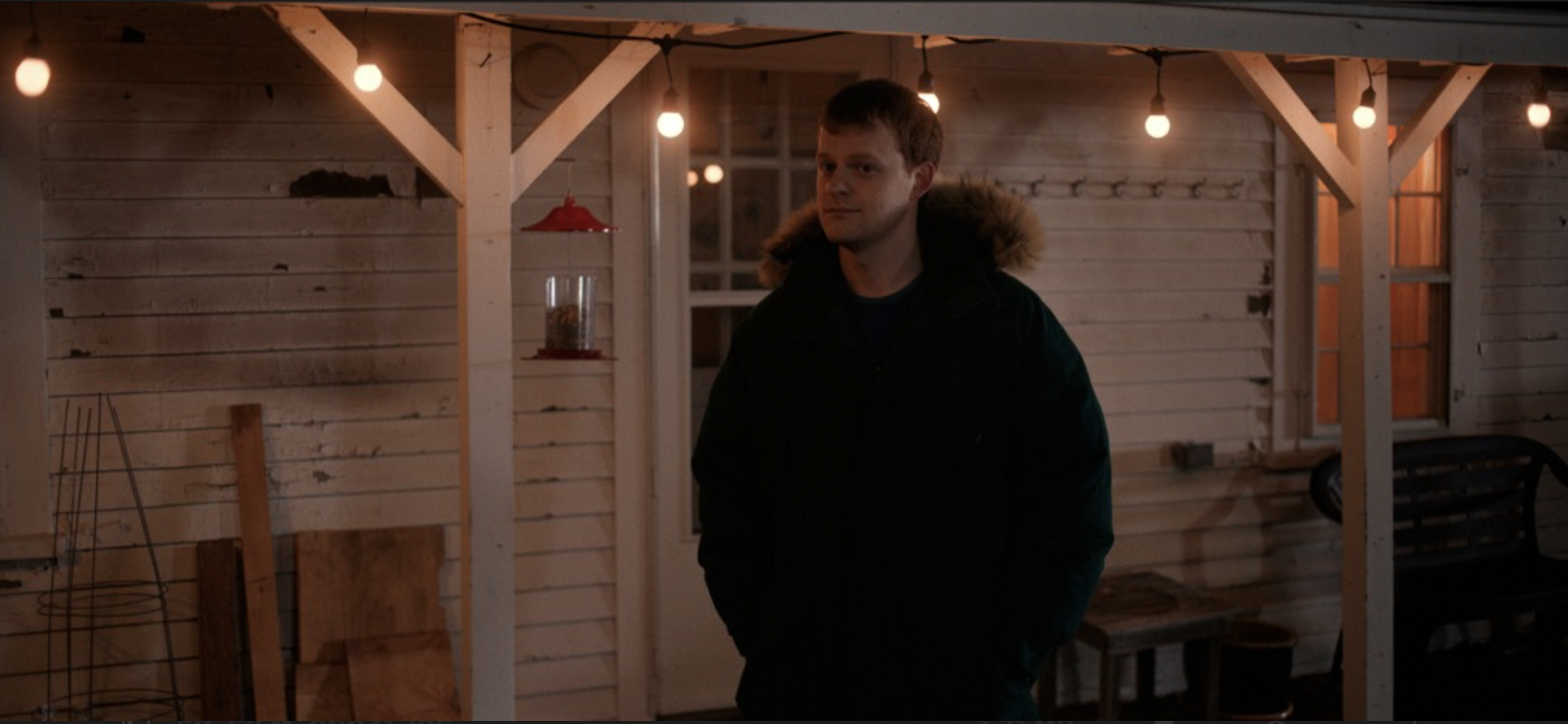'Sorry, Baby' Review: A Charming, Cathartic Bundle of Joy
EVA victor makes a wonderfully assured directorial debut
It’s no strange thing for a filmmaker’s debut feature to be something of a personal narrative. After all, they do say, “write what you know.” Actress and writer, now turned director Eva Victor embraces this in an utmost sense with Sorry, Baby. Don’t be led astray by the title, Victor’s debut has nothing to apologize for, nor is it a full-on downer, despite the heavy subject matter. In fact, Sorry, Baby is something of a revelation, and one of the strongest directorial debuts of the decade so far.
The film follows Agnes (Victor themselves) a young English professor, during different periods of her life in academia, grappling with her selfhood and place in the world after a traumatic sexual assault. To better understand Agnes’ headspace, Victor opted to focalize the story in a non-linear function, allowing for the story to naturally ebb and flow as needed, and further allows for the story to take its time and devote itself to its characters even further. Such a choice is one of many bold decisions on Victor’s part that really help to bolster everything the film tries to do. In the hands of a lesser talent, this structure could have caused a lot of unintentional emotional dissociation, something this film is very adamant should be a purposeful thing.
The non-linear story approach also allows for so much levity in tone, which the film must be rightfully lauded for. Sorry, Baby succeeds in equal measure at being an exercise in quiet, individual catharsis, and surpasses its trappings as a “millennial mumble-core comedy,” in reductionist terms. Despite tackling sensitive subject matter and genuinely devoting time to a quiet healing journey, there are several moments in Sorry, Baby that are sure to illicit large laughs from an audience. Eva Victor excels at delivering their own dialogue, and is even better at writing it. A large chunk of the film’s scenes are Agnes having one-on-one conversations with the people in her life, such as her best friend Lydie, (Naomi Ackie) neighbour Gavin, (Lucas Hedges) or pseudo-nemesis Natasha (Kelly McCormack), or even complete strangers. The smallest of conversations are able to feel so compelling.
One of many brilliantly-written scenes sees Agnes, unprompted, mulling over a deeply personal topic, for all of a courtroom audience, not in any sort of interrogative context. A morbid fear for many, and a scene that sounds completely absurd on paper, but it proves as a great descriptor and proof of Victor’s profound sensibility, being able to take the air out of a scene, and subsequently bring it back as if it was never there. This decision for instance, allows for Agnes to talk out her piece of mind and unlocks a great character moment, while also being inherently comedic due to its situational absurdity, with neither element cannibalizing the other’s intended effect. Without revealing too much, this described scene is a great microcosm of the brilliant pathos and sensibility that really help to define Sorry, Baby.
As previously mentioned, the film does address the very heavy theme of sexual assault. This review has raved about Eva Victor’s terrific dialogue and performance in the film, but as a director, she also knows when to scale it back, and how to make the film feel visually cathartic as well. The heavier elements of the film are given their due diligence, especially from a visual perspective. When the film is more silent, the camera is more laissez-faire and pulled back compared to the more intimate shots of conversations and spaces, with both of these elements helping to speak volumes cinematically.
On a warmer note, the film’s supporting performances help to give it such warmth. Naomi Ackie is a delight to watch as Lydie, who shares terrific chemistry with Agnes, comforting her in her more uncertain moments, and laughing along with her during it all. Ackie is able to convey such lovely, effective plurality with Victor’s dialogue, and just exudes warmth. Lucas Hedges’ role in Sorry, Baby marks his first theatrically released acting credit in almost six years, and his role here marks a triumphant return to his ‘indie golden-boy’ status. Here, Hedges is able to flex his comedic muscles in a way we’ve not quite seen from him, and plays a much more adult part than the teen roles he rose to fame in, marking a welcome turn in his already strong career. Beloved character actor John Carroll Lynch appears in only one scene here, but it is among the most memorable, playing on his comedic timings and more overt comedic prowess to juxtapose Victor’s more dry, sardonic persona effectively.
Sorry, Baby is just an assured debut in every sense. It is very methodic and well-plotted in its cathartic ambitions, and equally deft, light, and profound. Eva Victor is a rising talent, and it already excites to think about what her cinematic instincts will provide us with next.




